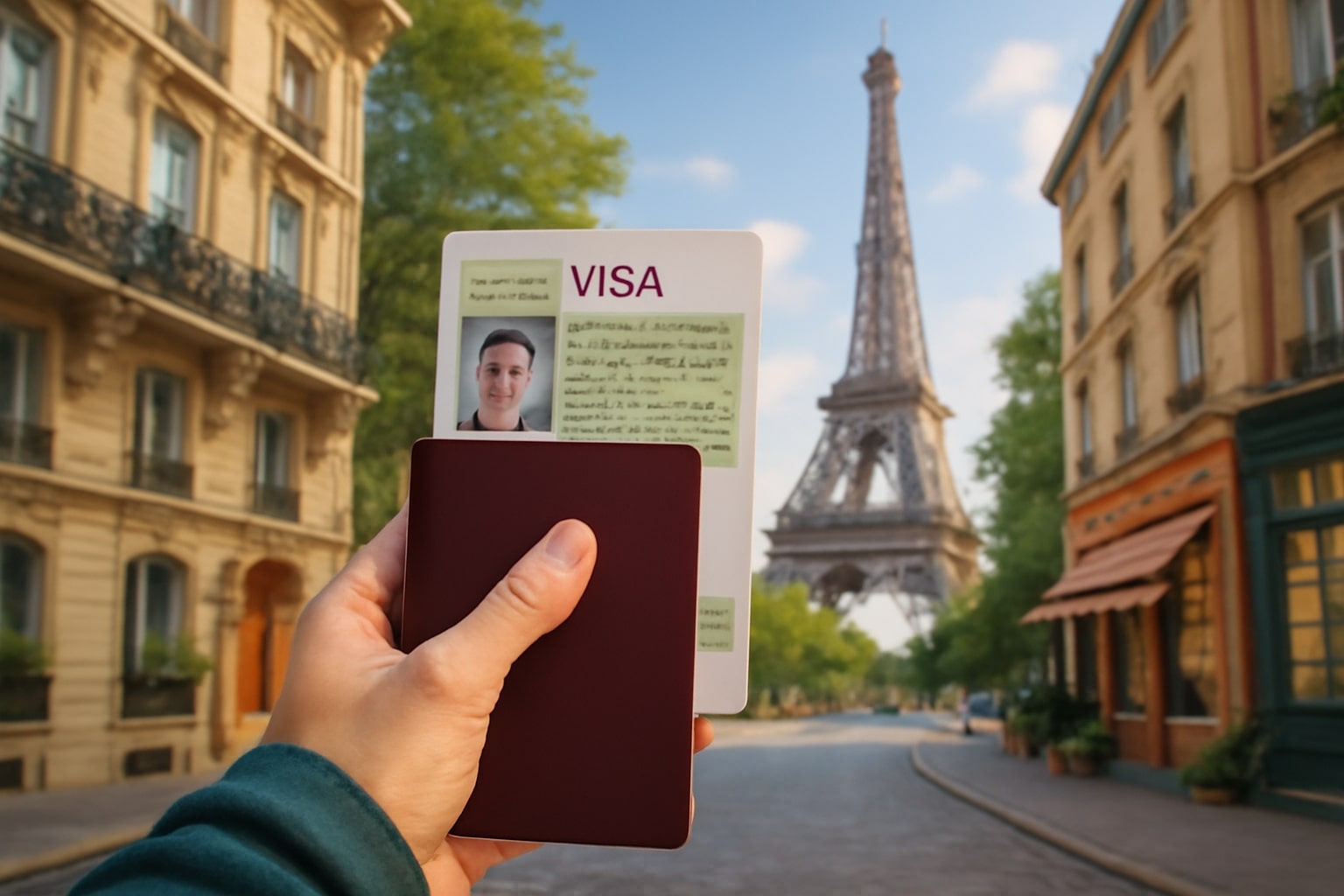A trip to France, a country renowned for its romantic ambiance, historic landmarks, and culinary delights, is a dream for many. However, before you can stroll along the Seine or marvel at the Eiffel Tower, it’s crucial to understand the visa requirements. The necessity of a visa depends on your nationality, the purpose of your visit, and the intended duration of your stay. France is a member of the Schengen Area, which simplifies travel for many, but specific rules apply that every traveler should be aware of.
This guide provides a comprehensive overview of France’s visa policy, helping you determine if you need a visa and how to navigate the application process. From short-stay tourist visits to long-term residency, we’ll cover the essential information to ensure your travel plans are as smooth as a fine French wine.
Understanding the Schengen Area
The Schengen Area is a zone comprising 29 European countries that have abolished internal border controls. This means that if you have a visa for one Schengen country, you can travel freely within the entire zone without needing additional visas. France is a founding member of the Schengen Area, which has significant implications for its visa policy.
For tourists and business travelers from many countries, this system streamlines travel across much of Europe. A single Schengen visa allows for travel to France and other member nations for up to 90 days within a 180-day period. It’s important to note, however, that if France is your main destination, or the first Schengen country you will enter, you must apply for your visa through a French embassy or consulate.
Who Needs a Short-Stay Visa for France?
Whether you need a short-stay visa, also known as a Schengen visa, for France depends on your nationality. Citizens of many countries, including the United States, Canada, Australia, and Japan, are exempt from needing a visa for short stays of up to 90 days for tourism or business. These travelers can enter the Schengen Area with just a valid passport.
However, citizens of over 100 other countries are required to obtain a Schengen visa before traveling to France. It is essential to check the specific requirements for your country of citizenship well in advance of your planned travel dates. The European Commission maintains a list of countries whose citizens must have a visa when crossing the external borders and those whose citizens are exempt from that requirement.
Long-Stay Visas for France
If you plan to stay in France for more than 90 days, you will need to apply for a long-stay national visa, regardless of your nationality. This type of visa is required for purposes such as studying, working, or joining a family member who is a French resident. The requirements and application process for a long-stay visa are more extensive than for a short-stay visa.
The specific type of long-stay visa you need will depend on the reason for your extended stay. For example, students will need to provide proof of enrollment in a French educational institution, while those seeking to work will need a work contract. Each category has its own set of required documents and procedures, so it’s crucial to research the specific requirements for your situation.
The Visa Application Process
The process for applying for a French visa typically begins in your country of residence. You will need to submit your application to the French embassy or consulate, or a designated visa application center. The first step is to determine which type of visa you need and then gather all the required documentation.
Commonly required documents include a completed visa application form, a valid passport with at least two blank pages, recent passport-sized photographs, proof of travel arrangements (such as flight reservations), and evidence of accommodation in France. You will also need to provide proof of sufficient financial means to cover your stay and travel medical insurance that is valid throughout the Schengen Area. It’s advisable to start this process well in advance of your travel dates, as processing times can vary.
Special Circumstances and Exemptions
There are several special circumstances and exemptions to the standard visa requirements. For instance, family members of EU/EEA and Swiss citizens may have a more streamlined process for obtaining a visa. Additionally, holders of diplomatic or service passports may be exempt from visa requirements.
It’s also important to be aware of any recent changes to visa policies. For example, the European Travel Information and Authorisation System (ETIAS) is a forthcoming requirement for visa-exempt travelers. Once implemented, these travelers will need to obtain an ETIAS authorization before entering the Schengen Area. Always check the latest information from official government sources before making your travel plans.



